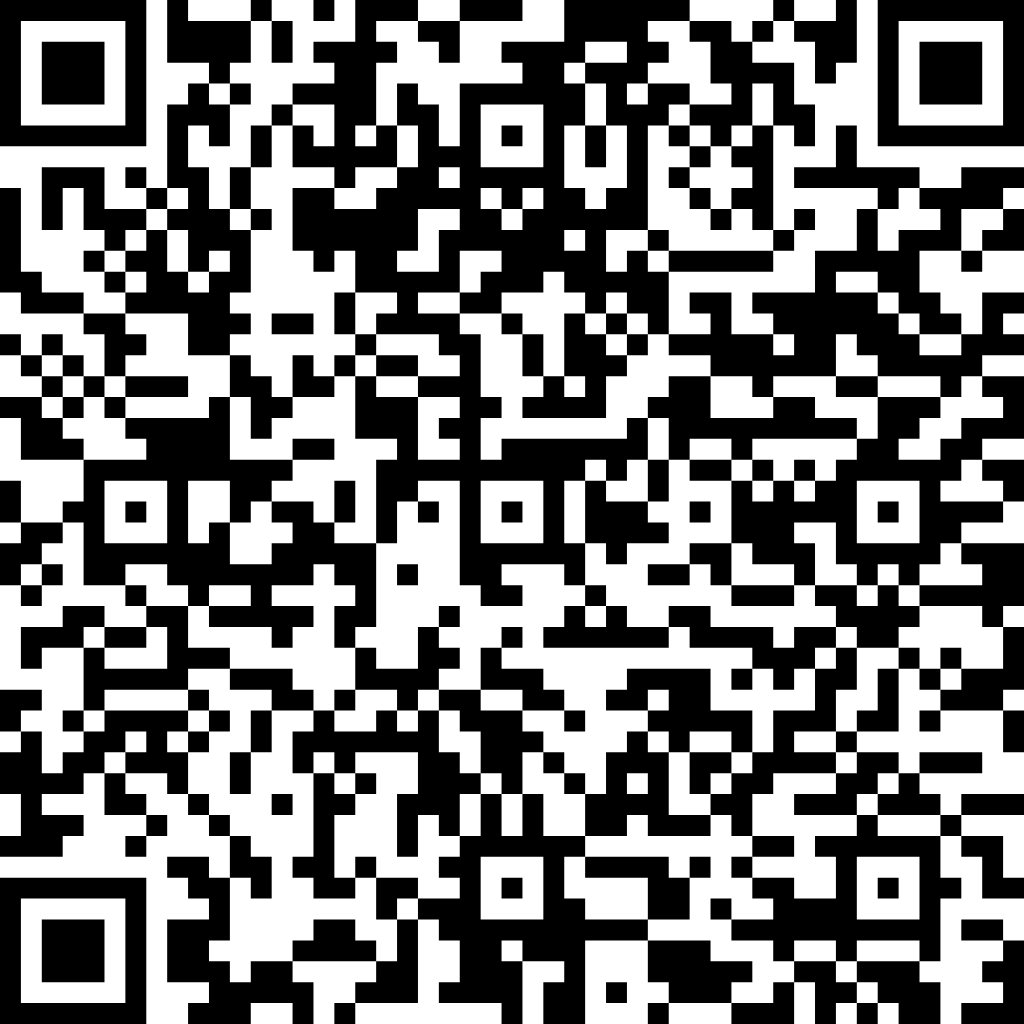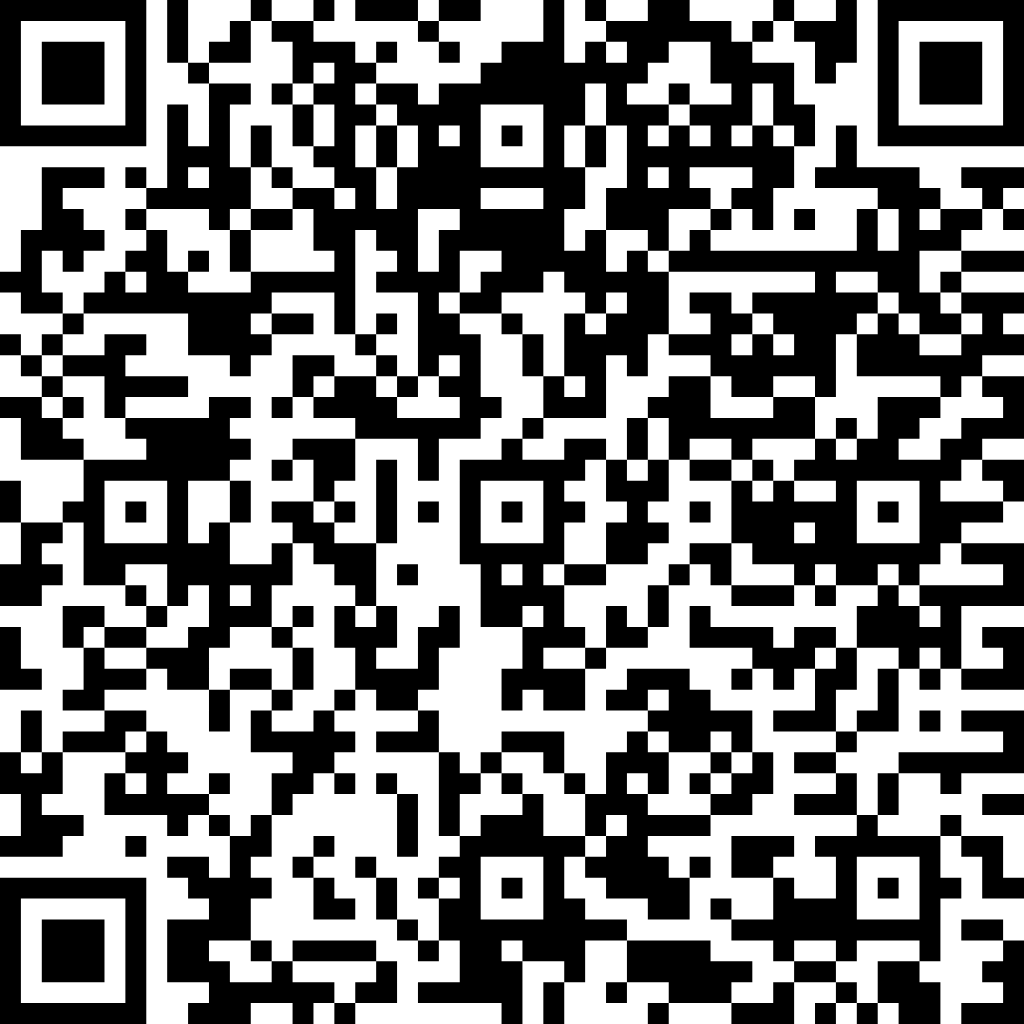Safeguarding, Pastoral & Wellbeing
Welcome to our Safeguarding, Pastoral and Wellbeing page.
Meet our Safeguarding Team:
|
Designated Safeguarding Lead |
Mr J Miller |
01949 844920 07483 451873 |
|
Designated Safeguarding Officer(s) |
Mrs E Frith Miss C Jones Mrs D Bull Miss J Clegg Mrs M Ludlam |
01949 844920 |
|
Designated Mental Health Lead |
Miss C Jones |
01949 844920 |
|
Trust Designated Safeguarding Lead |
Miss K Creaser |
01522 871355 |
Meet our Pastoral Team:
|
Name |
Job title |
Contact number |
|
Angela Steer |
Head of Year 7 & Transition |
01949 844920 |
|
Jayde Clegg |
Head of Year 8 |
01949 844920 |
|
Huw Williams |
Head of Year 9 |
01949 844920 |
|
Charlotte Jones |
Head of Key Stage 4 |
01949 844920 |
There are four ways in which a student can report a safeguarding issue:
1. Speak to one of the Designated Safeguarding Team (see link above)
2. Email your concerns to BelvoirSG@prioryacademies.co.uk
3. Complete the relevant form on 'MyVoice' (linked below):
Student Referral
https://form.thesafeguardingcompany.com/8953b772-31a4-489b-99d7-2ff5f5e74e27

Parent/ Carer Referral
https://form.thesafeguardingcompany.com/4f00782e-9e95-4f7b-8232-2bc1adc17ac4

4. Talk to a parent/carer and ask them to call us: 01949 844920
External Support
If you are in immediate danger call 999 Emergency Services
Contact Social Care:
- Leicestershire 0116 3050005 (24hours)
- Lincolnshire 01522 782111 (Mon-Fri 8am-6pm). For out-of-hours emergencies: 01522 782333
- Nottinghamshire 0300 500 80 90. For emergency out-of-hours: 0300 456 454
Welfare and wellbeing
For information on pupil, staff and parent/carer wellbeing, please visit the Priory Trust's website via the following link:
The Priory Federation of Academies Trust: Wellbeing
Operation Encompass
Our academy supports Operation Encompass.
Operation Encompass is an information-sharing safeguarding partnership between police and education, enabling schools to offer immediate support to children experiencing domestic abuse in their family or household.
Operation Encompass is a national police-led initiative to notify schools, prior to the start of the next school day, when a child or young person has experienced any form of domestic abuse. An officer attending an incident of domestic abuse will record at the scene the names and school of any children in the household. This will result in an email notification to our academy in readiness for the start of the next school day. This sharing of information will enable us to provide appropriate support, dependent upon the needs and wishes of the child and/or family.
The Operation Encompass notification will be sent to the setting’s Key Adult (for our academy, this is the Designated Safeguarding Lead).
In the words of the scheme’s own mission statement, Operation Encompass aims to enable schools to better understand the impact living with domestic abuse has upon children; to help schools better understand a child’s lived experience; and to therefore be able to support and nurture each child, making a child’s day better and giving them a better tomorrow.
Further information can be found here: Operation Encompass
Alternatively, you can contact the academy’s Designated Safeguarding Lead via the Contact Us page on our website.
